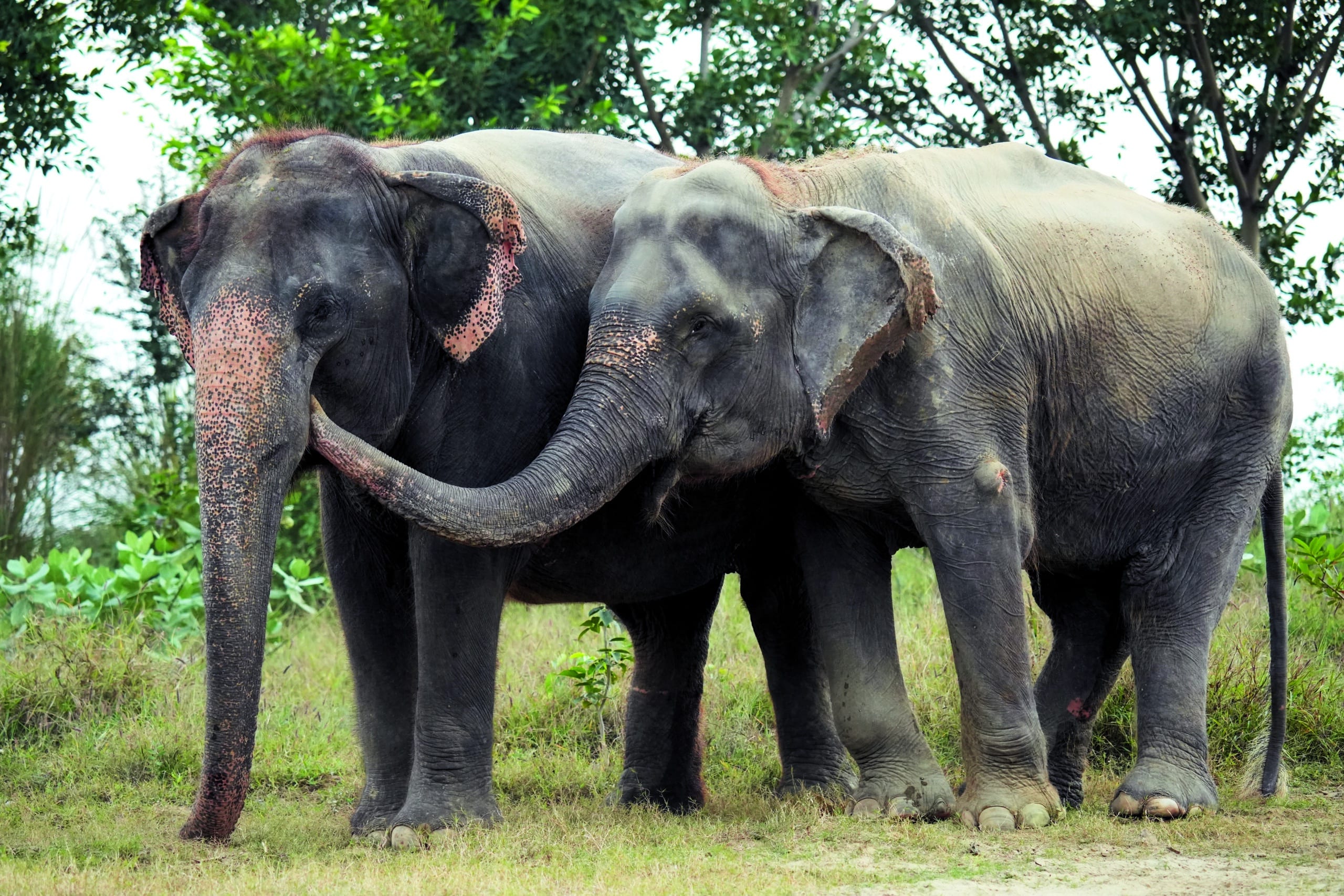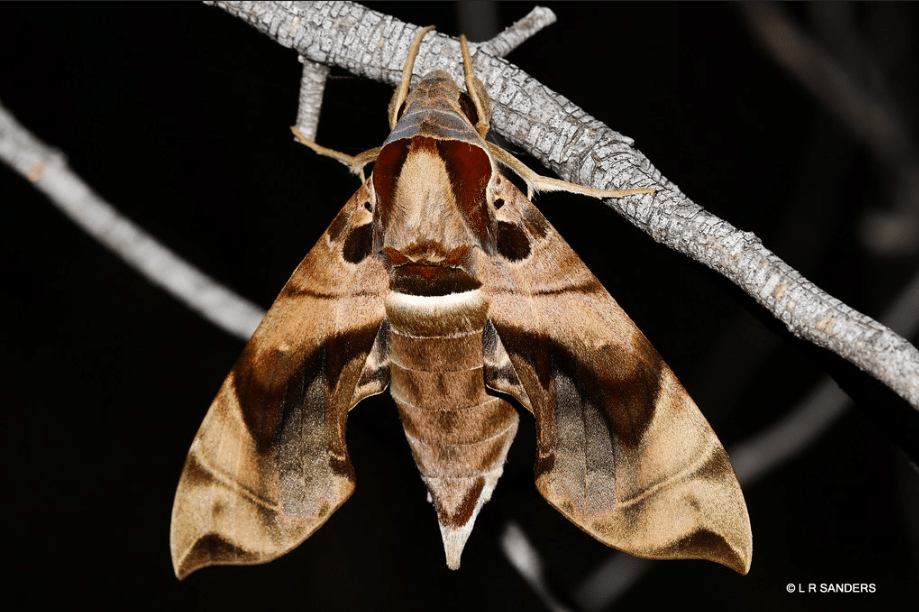You might remember Kalpana—I am happy to report that this year she celebrates her fifth rescue anniversary at Wildlife SOS. Formerly exploited and abused as a ‘begging’ elephant in Uttar Pradesh, Kalpana was rescued in 2019 and brought to the Wildlife SOS Elephant Hospital Campus (EHC) in Mathura for comprehensive...
Three leading animal welfare organisations, FOUR PAWS, Humane Society International (HSI) Australia and RSPCA Australia, announced today a partnership to work towards an end to mulesing across Australia.
The partnership will include regular contact with major international brands as well as numerous wool growers across Australia, in response to demand for non-mulesed wool that is stronger than ever.
The three organisations are also encouraging the wool industry to fast-track the move away from mulesing through the uptake of better genetics to produce non-mulesed wool that is both sustainable and responsible, satisfying growing consumer demands.
Spokespersons for the three groups say that with the newly elected board of wool industry body Australian Wool Innovation (AWI) announced recently, industry, producers and the community are looking for leadership on this issue. One of the goals in AWI’s Wool 2030 Strategy promises to build grower confidence to manage flystrike risk without mulesing, and the animal welfare advocates believe this goal can easily be achieved with the right leadership, support and incentives.
FOUR PAWS’ Wool Expert Rebecca Picallo Gil said, ‘With more than 3,000 Australian woolgrowers already producing high quality non-mulesed wool from flystrike resistant flocks and hundreds of brands banning mulesed wool from their supply chains, there’s no excuse for growers to continue this painful husbandry practice long term. Mulesing-free wool is the future and the Australian wool industry bodies are best placed to support their members to put mulesing in the past and prepare for the future.’
HSI’s Program Manager for Animal Welfare Georgie Dolphin said, ‘With the advanced genetics available today, it is unacceptable to continue to breed wrinkly sheep that are prone to flystrike. Our organisations want to see an end to mulesing within the next decade, a target that is easily achievable.’
RSPCA Australia Senior Scientific Officer (Farm Animals) Melina Tensen said, ’We are confident that the combined strength, expertise and connections of our three organisations can help bring about meaningful, industry-wide change. We want to see more wool growers transition away from mulesing in the shortest possible time frame and an end to the suffering of millions of lambs each year.’
Each year, more than 10 million lambs have wrinkly skin sliced from around their breech and tail area in a painful procedure called mulesing. It is done to create scar tissue that is resistant to flystrike. Breeding plain-bodied sheep that are naturally resistant to flystrike is a much more effective and humane solution. Plain-bodied sheep do not need to be mulesed, the genetics are tested by the industry, and available now.


